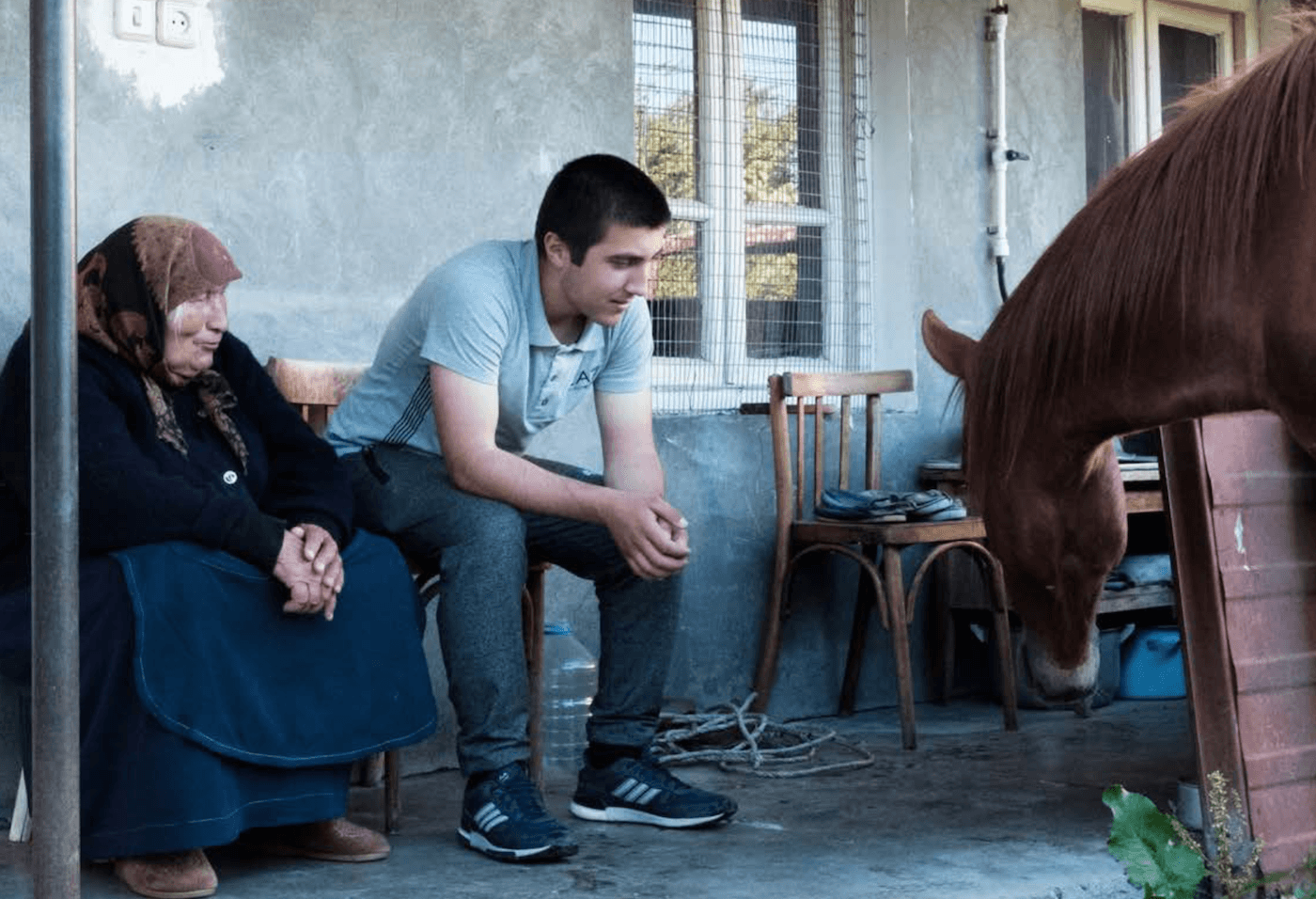Update: You can now read more about this project in a stunning online story in the January 2018 edition of the The New York Times.
About a year ago, Internet Society partnered with its Georgian Chapter, Small and Medium Telecom Operators Association of Georgia, Freenet LTD Association, Internet Development Initiative and Tusheti Development Fund to help the remote and mountainous region of Tusheti to build access to the Internet. Work was just completed and this true community effort came to life in August 2017.
Impact
When the Internet Society team visited the village of Omalo in Tusheti two weeks ago for an official launch ceremony, the Internet speeds measured at 4-5 Mbps. A dramatic change to a region, where many villages are not even covered by mobile signal!
During our brief stay in Omalo the impact of the newly established Internet connection was not evident at first glance. Apart from a couple of visible repeaters on the surrounding mountains, people were getting on with their usual daily chores while a group of tourists travelled past on horseback. The local community, however, was exuding a sense of achievement and optimism. Internet access opens new opportunities for tourism and cultural preservation. It also provides an essential communication channel for healthcare and potential emergency situations.
Partnership
The engine behind this effort was a solid partnership. It brought together a variety of Georgian stakeholders including the local community in Tusheti. Overall management of the project, technical design and deployment largely relied on expertise by the Tbilisi-based NGOs and Freenet. Tusheti Development Fund – the project beneficiary and local coordinator – took the lead in facilitating skills transfer to the local community, both for technical support and digital literacy, and in raising local enthusiasm.
The Georgian government saw the value of the project for the country’s broadband development efforts and were strongly supportive. The high-level endorsement by government – the Ministry of Economy and Sustainable Development and the Georgian National Communications Commission – during the project and at the launch ceremony highlighted the importance of Internet access on the political agenda.
Future
Community networks are typically described as communications infrastructures deployed and operated by citizens to meet their own communication needs. The Tusheti network is a community-led and owned initiative in all aspects. The knowledge and skills base acquired during the project will help the local community sustain the network operationally and technically going forward.
The Internet Society embarked on this project to demonstrate that it is possible to create a sustainable Internet connection even in the most remote areas. While generating positive local outcomes is the primary objective of every initiative we engage in, it is also important to reflect on the global potential of community networks. If replicated, community networks could help narrow the connectivity gap for underserved areas struggling to attract commercial investment. We hope that the Tusheti community network will serve as an example and inspiration for many others.
